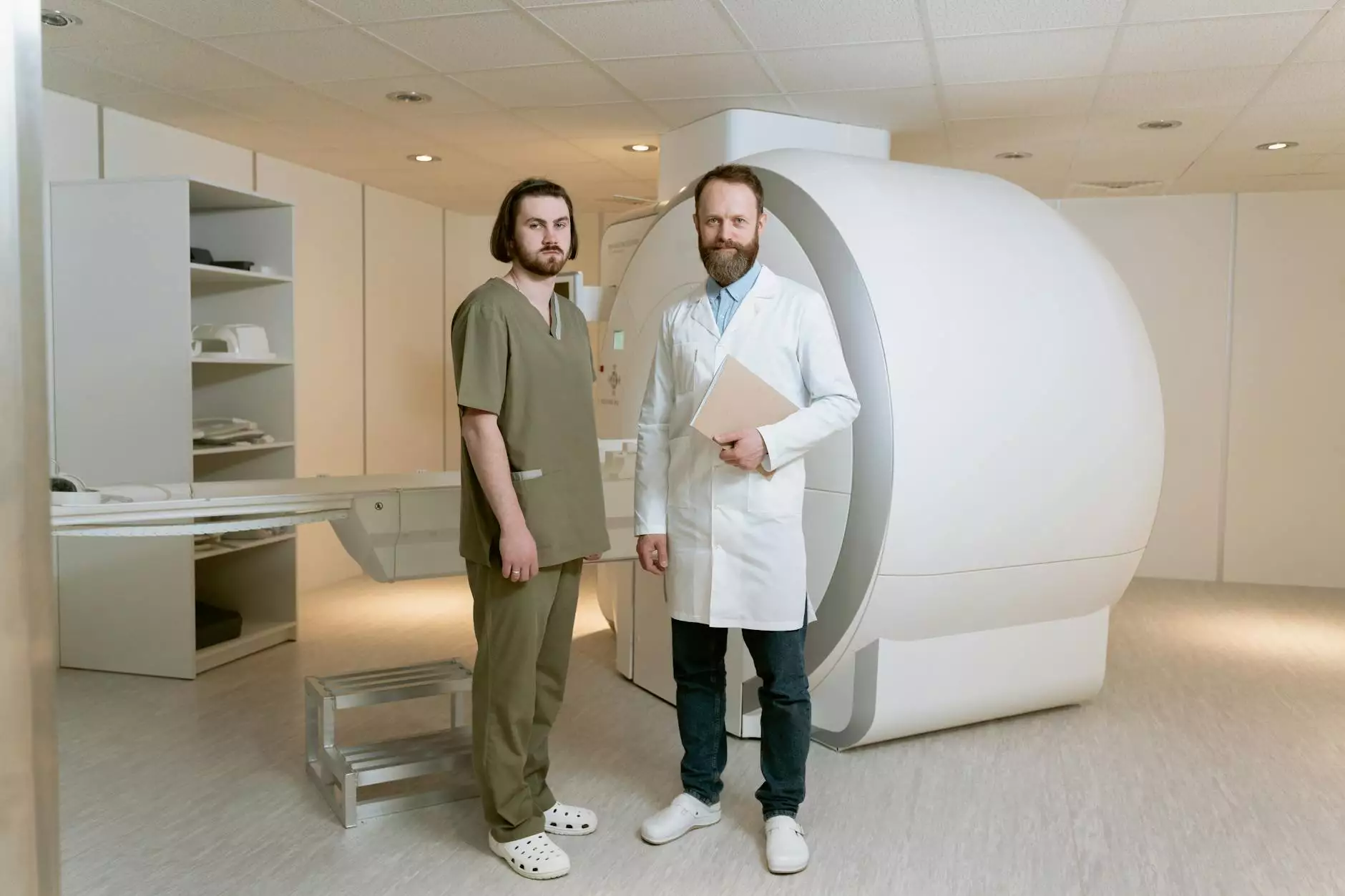Faqs, What Are Stem Cells, What Is Stem Cell Research
Health
Introduction to Stem Cells
Stem cells are a fascinating topic in the field of health and medical research. They are essentially the building blocks of the human body, with the unique ability to differentiate into various specialized cell types. This incredible potential makes stem cells a valuable tool for understanding various diseases and developing innovative treatment options.
Understanding Stem Cell Research
Stem cell research is a rapidly advancing field that aims to unlock the full potential of these remarkable cells. Scientists and medical professionals study stem cells to gain insights into how they function, their regenerative properties, and their potential applications in treating a wide range of health conditions.
Types of Stem Cells
There are different types of stem cells with varying abilities and characteristics. These include:
- Embryonic Stem Cells: Derived from human embryos, these stem cells have the ability to give rise to any cell type in the human body. They are incredibly versatile and hold great promise for medical research and regenerative medicine.
- Adult Stem Cells: Found in various tissues and organs throughout the body, adult stem cells play a crucial role in tissue maintenance and repair. Although they are more limited in their ability to differentiate compared to embryonic stem cells, they still offer significant therapeutic potential.
- Induced Pluripotent Stem Cells (iPSCs): These stem cells are generated in the lab by reprogramming adult cells, such as skin cells, to return to a pluripotent state similar to embryonic stem cells. iPSCs hold great promise as a potential alternative to embryonic stem cells for research and regenerative medicine purposes.
Applications of Stem Cell Research
Stem cell research has the potential to revolutionize the field of medicine. Several areas where stem cells hold promise include:
- Regenerative Medicine: Stem cells can be used to repair or replace damaged tissues and organs, offering hope for individuals suffering from conditions such as heart disease, spinal cord injuries, and diabetes.
- Disease Modeling: Stem cells can be used to create disease models, allowing scientists to study the development and progression of diseases in a laboratory setting. This provides valuable insights into disease mechanisms and facilitates the development of new treatments.
- Drug Discovery and Screening: Stem cells can be used in drug discovery and screening processes to test the efficacy and safety of potential therapeutic compounds. This helps in identifying promising drug candidates and minimizing the use of animal testing.
Frequently Asked Questions (FAQs)
Q: What are the benefits of stem cells?
A: Stem cells offer numerous benefits, including their potential to regenerate damaged tissues, treat debilitating diseases, and advance our understanding of human biology. They hold promise as a revolutionary tool in the field of medicine.
Q: How are stem cells collected?
A: The collection of stem cells depends on the type. Embryonic stem cells are typically obtained from unused embryos generated during in vitro fertilization procedures with proper consent. Adult stem cells can be collected from various sources within the body, such as bone marrow or adipose tissue.
Q: Are there ethical concerns associated with stem cell research?
A: The ethical concerns surrounding stem cell research primarily pertain to the use of embryonic stem cells, as their extraction involves the destruction of embryos. However, alternative approaches, such as the use of adult stem cells and iPSCs, have alleviated some of these concerns.
Q: What diseases can be potentially treated with stem cells?
A: Stem cells hold promise in the treatment of a wide range of diseases, including but not limited to Parkinson's disease, Alzheimer's disease, spinal cord injuries, heart disease, diabetes, and certain types of cancer. Ongoing research aims to further expand the potential applications of stem cell therapies.
Q: How long will it take for stem cell research to have a significant impact?
A: Stem cell research is an ongoing endeavor with substantial progress already made. While certain stem cell therapies have been approved for specific conditions, further research and clinical trials are necessary to fully realize the potential of stem cells across various medical fields. However, the future appears promising, and the impact is expected to increase over time.
At MUIR DIABLO OCCUPATIONAL MEDICINE, we recognize the tremendous potential of stem cells and actively support their study and responsible use in various research areas. Our commitment to providing comprehensive occupational health services is built on the foundation of scientific advancements, including stem cell research.
If you have any further questions or would like to learn more about stem cells and their applications, please do not hesitate to contact us. We are here to assist you.










